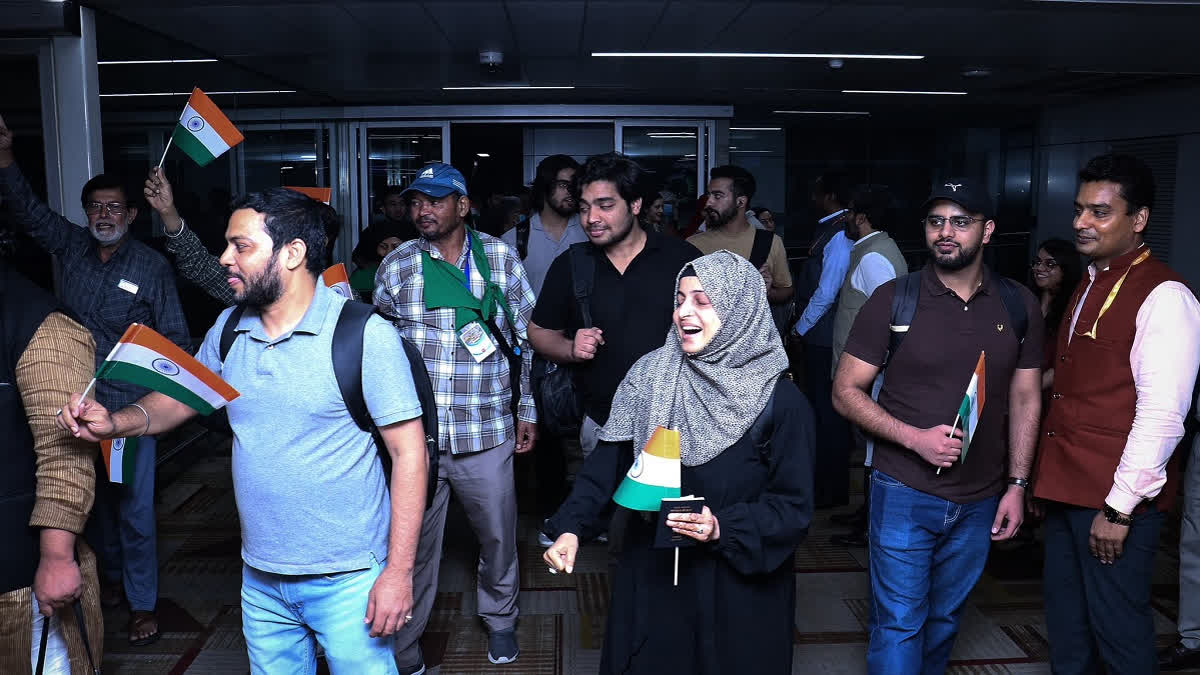Amid rising tensions between Israel and Iran, the Government of India launched Operation Sindhu, a strategic mission aimed at safeguarding its citizens—particularly students—caught in the conflict zone. The first phase saw the successful evacuation of 110 Indian students from northern Iran, underscoring India’s commitment to citizen welfare abroad.
Why Operation Sindhu Was Launched
With the looming threat of military strikes and escalating hostilities in the region, New Delhi acted promptly to mitigate risks to Indian nationals. The Indian government, concerned about the safety of more than 4,000 Indians living in Iran, prioritized the evacuation of vulnerable groups, especially students.
Phase One: Student Evacuation Amid Crisis
In the operation’s initial phase, 110 students—many from Jammu and Kashmir—were evacuated. Their journey included a land crossing from Iran into Armenia, coordinated by the Indian Embassy in Tehran, followed by a special flight to New Delhi. The evacuees landed safely in India on the morning of June 19, 2025.
Support from Iranian Authorities
Amid the chaos, Iranian officials cooperated with Indian diplomats, enabling the safe passage of evacuees. The Deputy Ambassador of Iran to India acknowledged the coordination efforts, reinforcing both countries’ commitment to protecting civilians during regional instability.
Difficulties Faced on the Ground
The path to safety was not without obstacles. Some students reported injuries from airstrikes in Tehran, while others described shortages of food, medical aid, and communication channels. Concerns were also raised over difficulties in contacting the Indian mission and accessing timely updates.
Diplomatic Hurdles and Strategic Coordination
Beyond logistics, India navigated a complex diplomatic landscape. While countries like Armenia, Turkmenistan, and Iraq offered critical support, less favorable ties with Turkey and Azerbaijan limited India’s regional maneuverability, complicating evacuation planning and response flexibility.
Looking Ahead: Precaution and Planning
As tensions continue in the Middle East, the Indian government has urged citizens in Iran to remain in close contact with the Indian Embassy in Tehran and to rely on emergency helplines. Authorities continue to monitor the situation closely and are prepared to carry out further evacuations if required.



